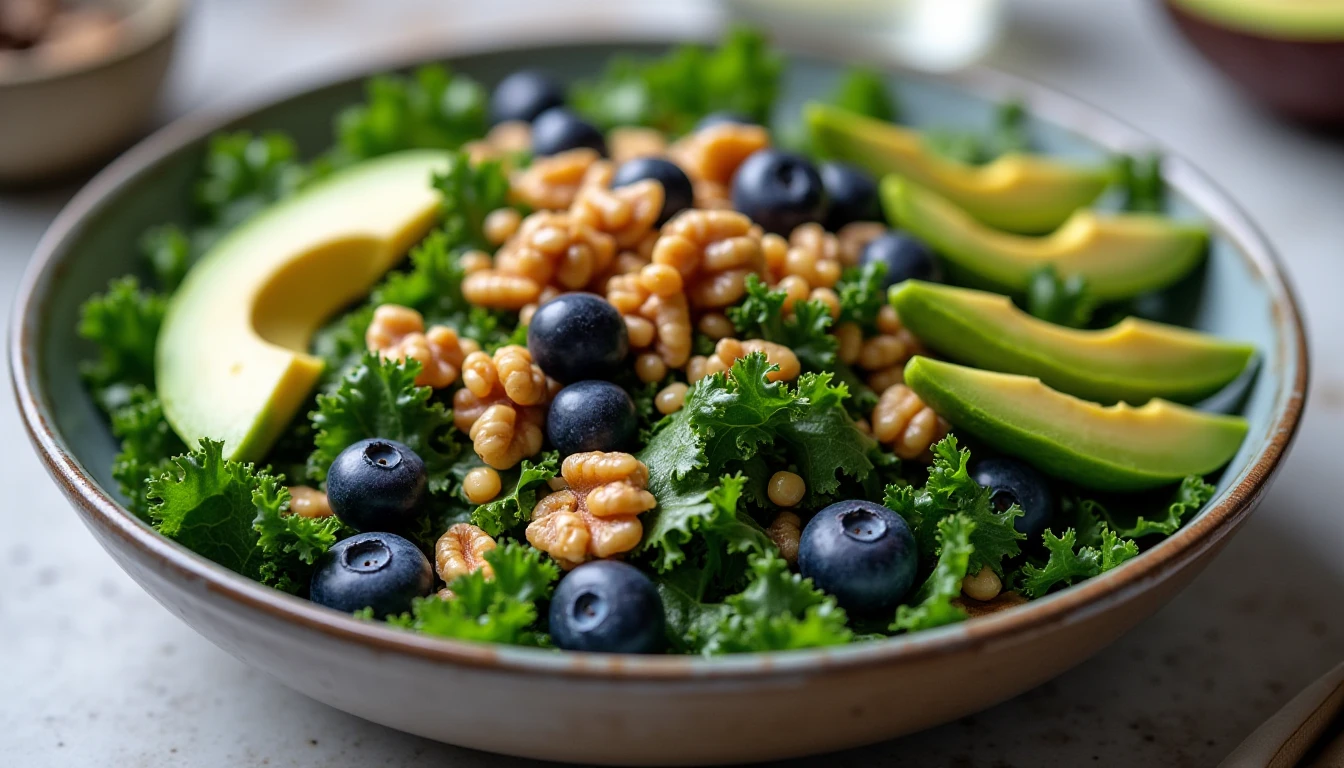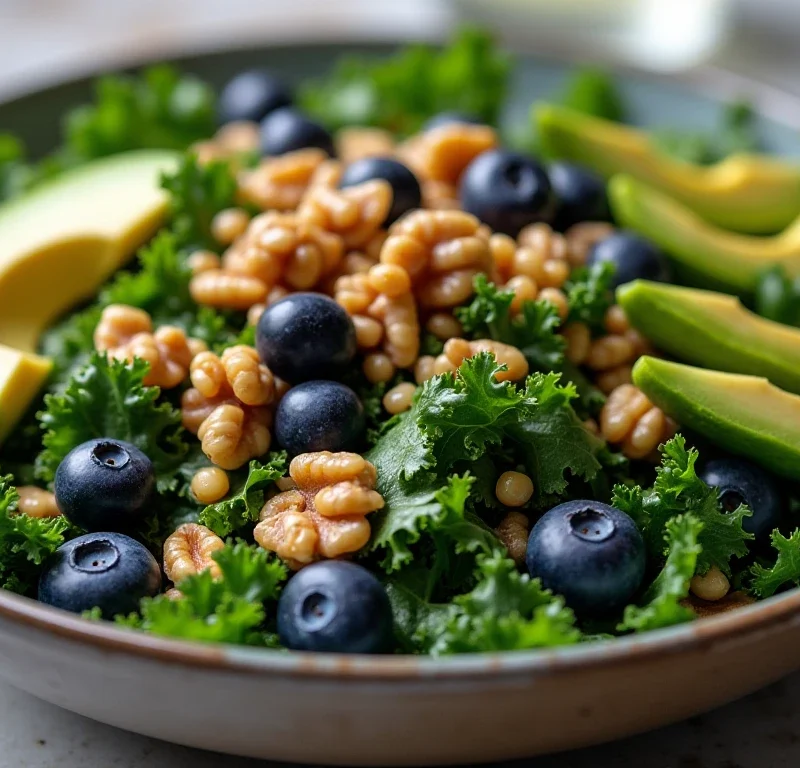The Role of Vitamins and Minerals
Vitamins and minerals are essential micronutrients that play critical roles in bolstering the immune system. Vitamin C, for instance, is renowned for its potent antioxidant properties, which help protect cells from harmful free radicals. Found abundantly in citrus fruits such as oranges, lemons, and strawberries, vitamin C not only aids in fighting off infections but also enhances iron absorption. This nutrient has been extensively studied for its ability to reduce the duration of common colds and other viral illnesses.
In addition to vitamin C, zinc is another crucial mineral that supports immune function. Zinc deficiency can lead to a weakened immune system, making individuals more susceptible to infections and slower recovery times. Foods rich in zinc include oysters, beef, poultry, beans, and fortified cereals. The role of zinc extends beyond immunity; it also plays a vital part in wound healing, DNA synthesis, and protein production, which are all essential for overall health.
Moreover, vitamin D, often dubbed the “sunshine vitamin,” is another key player in maintaining immune health. It aids in regulating calcium levels and supporting bone health but also has significant influence on the immune system. A deficiency in vitamin D can impair the body’s ability to fight off pathogens effectively. While sunlight exposure is the primary source of vitamin D, dietary sources such as fatty fish like salmon and tuna, mushrooms, and fortified dairy products are essential for those who may not get enough sun.

The Power of Probiotics and Prebiotics
The gut microbiome plays a pivotal role in immune health, and probiotics and prebiotics have emerged as effective tools to support this ecosystem. Probiotics are live bacteria that offer numerous health benefits when consumed, especially for digestive health. Yogurt, kefir, sauerkraut, and kimchi are rich sources of beneficial bacteria that can help maintain a healthy balance in the gut. These microorganisms aid digestion, improve nutrient absorption, and boost immune function by producing substances that inhibit harmful bacteria.
Prebiotics, on the other hand, serve as food for probiotics, fostering their growth within the digestive tract. Foods high in prebiotic fibers include bananas, onions, garlic, leeks, and chicory root. The consumption of prebiotic-rich foods can significantly enhance the efficacy of probiotics by creating an optimal environment for beneficial bacteria to thrive. This symbiotic relationship between probiotics and prebiotics not only strengthens the immune system but also improves overall digestive health.
The connection between gut health and immunity is increasingly recognized as a cornerstone of holistic wellness. Studies have shown that individuals with imbalances in their gut microbiota are more prone to infections and inflammation, highlighting the importance of maintaining a healthy balance through diet. Incorporating probiotic and prebiotic foods into your daily regimen can help fortify your immune defenses against various pathogens.
Antioxidants: The Body’s Defense Mechanism
Antioxidants play a crucial role in combating oxidative stress within the body, which is closely linked to inflammation and the weakening of the immune system. Berries like blueberries, strawberries, and raspberries are particularly rich in antioxidants such as vitamin C, anthocyanins, and flavonoids. These compounds neutralize free radicals, preventing cellular damage that could otherwise lead to chronic diseases. The consumption of antioxidant-rich foods can significantly enhance your body’s ability to fight off infections and maintain overall health.
Green tea is another excellent source of antioxidants, especially catechins like EGCG (epigallocatechin gallate). Regular drinkers of green tea have been shown to have higher levels of antibodies in their saliva, indicating an enhanced immune response. The polyphenols found in green tea also possess anti-inflammatory properties and can help reduce the risk of chronic conditions such as heart disease and cancer.
Furthermore, nuts like almonds, walnuts, and pecans are rich in vitamin E, a fat-soluble antioxidant that helps protect cell membranes from oxidative damage. Vitamin E is particularly effective in boosting the immune system by enhancing the activity of T-cells, which are essential for mounting an immune response against pathogens. Including these nutrient-dense foods in your diet can provide substantial support to your body’s natural defense mechanisms.
Omega-3 Fatty Acids: Reducing Inflammation and Strengthening Immunity
Omega-3 fatty acids have gained significant attention for their anti-inflammatory properties, which are vital for maintaining a healthy immune system. Found abundantly in fatty fish like salmon, mackerel, and sardines, omega-3s help reduce inflammation throughout the body, thereby lowering the risk of chronic diseases such as arthritis, diabetes, and heart disease. These essential fats also play a key role in enhancing the function of white blood cells, which are critical for fighting off infections.
Flaxseeds, chia seeds, and walnuts are other excellent sources of omega-3 fatty acids, making them versatile additions to your diet. Incorporating these plant-based options can be particularly beneficial for vegetarians or those who may not consume fish regularly. Omega-3s have been shown to improve the functioning of immune cells by enhancing their ability to recognize and destroy harmful pathogens.
Additionally, research indicates that a deficiency in omega-3 fatty acids is associated with increased inflammation and compromised immune function. Ensuring an adequate intake through dietary sources or supplements can help maintain optimal immune health. By reducing chronic low-grade inflammation, these beneficial fats also support overall well-being, promoting better energy levels and mental clarity.
Hydration: The Often Overlooked Immune Booster
Hydration is often overlooked as a simple yet powerful tool for boosting the immune system. Water serves numerous vital functions within the body, including transporting nutrients, regulating body temperature, and flushing out waste products. Proper hydration ensures that your cells are functioning optimally, allowing them to better defend against pathogens.
Tea, both herbal and caffeinated varieties, offers additional benefits beyond basic hydration. Green tea provides antioxidants like EGCG, which enhance immune function, while chamomile and peppermint teas have calming properties that can reduce stress levels, another factor known to weaken the immune system. Herbal infusions not only contribute to overall well-being but also provide a pleasant break from plain water.
Incorporating hydrating foods into your diet is equally important. Foods high in water content such as cucumbers, celery, and watermelon can significantly increase your daily fluid intake without the need for additional beverages. These fruits and vegetables are not only rich in vitamins and minerals but also provide essential hydration that supports immune health.
Maintaining proper hydration levels is crucial for optimal immune function, especially during periods of physical exertion or illness when dehydration can occur more easily. By prioritizing adequate water intake and incorporating hydrating foods into your diet, you can strengthen your body’s defenses against infections and illnesses.


